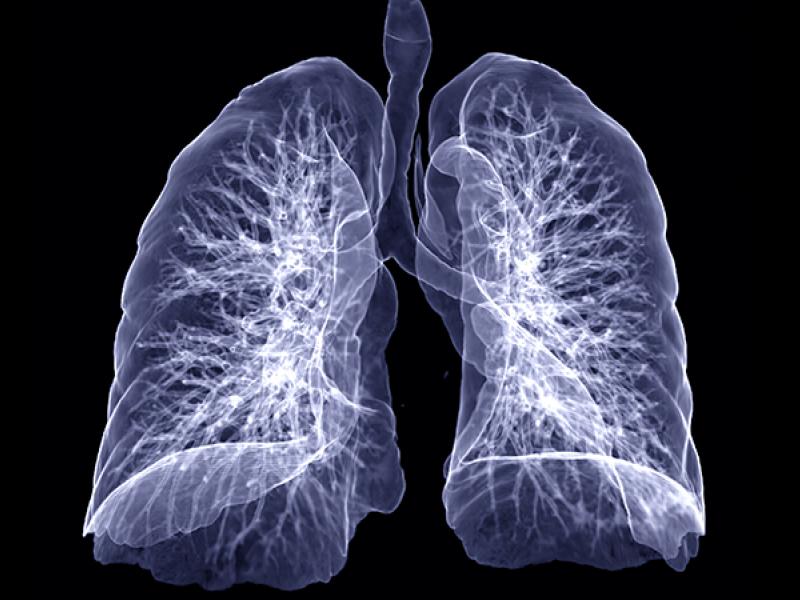Our primary mission is to provide excellent, patient-centered care to the acutely ill and injured. We do this in a clinical learning environment based on the best available evidence from current surgical textbooks, peer reviewed journals, and professional organizations. These practice management guidelines are meant to guide clinicians in daily medical decision-making while minimizing unwarranted variations in care and identifying knowledge gaps for future study or research endeavors.
Guidelines are developed using the GRADE methodology (GRADE: an emerging consensus on rating quality of evidence and strength of recommendations. BMJ 2008;336:924).
- Level 1 – Prospective randomized-controlled trial
- Level 2 – Prospective clinical study or retrospective analysis of reliable data
- Level 3 – Retrospective data including case reports or expert opinion
Furthermore, the strength of each recommendation is given a letter A – D using a process from the US Preventative Services Task Force. This categorizes the ‘certainty’ or ‘magnitude’ of benefit from the recommendation. The letter I is assigned if insufficient evidence exists to comment about the risk or benefit associated with the intervention.
Other verified trauma centers and some of our most trusted mentors were valuable resources when this project was developed in 2010. Guidelines will undergo regular review to assure the content remains current. As with any guideline, we cannot possibly address all possible scenarios. Sound clinical judgement remains vital to achieve optimal outcomes.
Trauma
Head & Neck Injury
- Blunt Cerebrovascular Injury
- Penetrating Neck Injury
- Traumatic Brain Injury
- Acute Spinal Cord Injury
Thoracic
- Blunt Chest Trauma
- Blunt Cardiac Injury
- Thoracic Aortic Injury
- Penetrating Mediastinal Injury
Abdominal
- Penetrating Thoracoabdominal Trauma
- Penetrating Abdominal Trauma
- Blunt Abdominal Trauma
- Pancreatic Injury Trauma
- AAST Grading Of Organ Injury
Genitourinary
Extremity Vascular Injury
- Content pending
Musculoskeletal
Thermal Injury
- Acute Burn Resuscitation
- Adjuncts In Burn Care
Trauma Special Population
Venous Thromboembolism Therapy
Critical Care
Neurologic
- Trauma and SICU Sedation & Delirium
- Trauma and SICU Analgesia
- Alcohol & Hypnosedative Withdrawal
- Determination Of Brain Death
Cardiovascular
- Management Of Atrial Fibrillation
- Hypertension
- Vasopressors And Inotropes In Shock
- Noninvasive Hemodynamic Monitoring
Pulmonary
- Ventilator-Associated Pneumonia
- Evaluation And Management Of Hypoxia
- Evaluation And Management Of Hypercarbia
- Inhalation Injury
- Tracheostomy
- General Airway Management Guideline
- Emergency Airway Management
Gastrointestinal
- Abdominal Compartment Syndrome
- Gastroinestinal Prophylaxis
- Nutritional Support In The SICU
- Periprocedural Fasting Guidelines
Renal
- Acute Kidney Injury
- Approach To Non-Gap Metabolic Acidosis
- Electrolyte Replacement
Hematologic
- Heparin Infusion For Therapeutic Anticoagulation
- Anticoagulation Reversal
- Venous thromboembolism therapy
Infectious Disease
- Evaluation Of Fever
- Antimicrobial Use For Acute Care Surgery
Emergency General Surgery
- Small Bowel Obstruction
- Diverticulitis
- Appendicitis
- Cholecystitis
- Large Bowel Obstruction
- Necrotising Soft Tissue Infection





